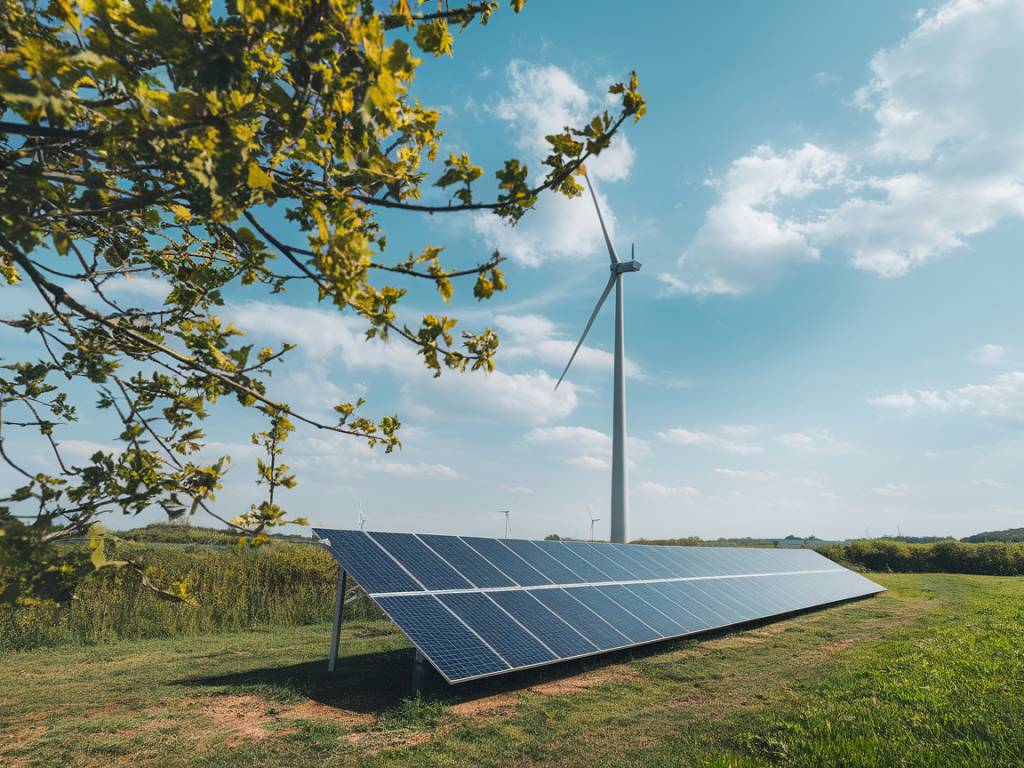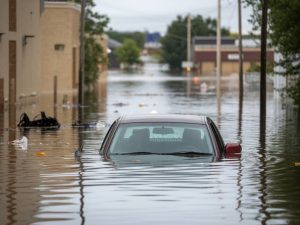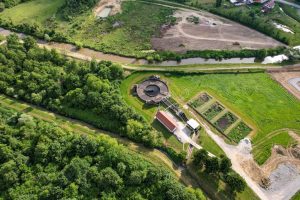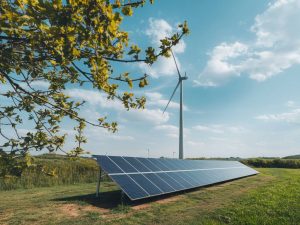The role of clean energy in preventing health crises

The role of clean energy in preventing health crises
The Importance of Clean Energy in Modern Society
In our rapidly evolving world, the integration of clean energy sources is not just an environmental necessity but a crucial factor in preventing health crises. By reducing our dependence on fossil fuels and embracing renewable energy, we can mitigate the adverse health effects associated with pollution and climate change. But what exactly is the role of clean energy in ensuring healthier communities, and how can it prevent potential health crises?
Understanding the Link Between Fossil Fuels and Health
Fossil fuels like coal, oil, and natural gas are notorious for their contributions to air pollution. According to the World Health Organization, air pollution is responsible for millions of premature deaths each year. Particulate matter, nitrogen oxides, and sulfur dioxide released during the burning of fossil fuels can lead to respiratory diseases, cardiovascular conditions, and even cancer. In this context, can you envision a future where clean energy sources significantly cut these health risks?
The Health Benefits of Clean Energy
Clean energy sources, such as solar, wind, and hydroelectric power, offer a promising alternative. These energy forms produce little to no emissions once operational, drastically reducing the pollution levels in our atmosphere. Imagine a city skyline free from smog, where children can play outside without the risk of inhaling harmful pollutants. That’s the promise of clean energy.
Moreover, the adoption of clean energy can lead to fewer hospital visits and reduced healthcare costs. According to a study by the National Renewable Energy Laboratory, transitioning to a clean energy economy could prevent up to 2,300 premature deaths and save the United States between $5.7 billion and $210 billion in healthcare costs annually.
Personal Anecdotes: Real-Life Impact
Consider the story of a small community in rural Germany that transformed its energy system to be completely renewable. Since the transition, the local doctor reported a noticeable decline in respiratory issues among children and the elderly. This is just one example of how clean energy can have a profound impact on public health, inspiring other communities worldwide to follow suit.
Sustainable Infrastructure: Building for the Future
Investing in renewable energy infrastructure not only promotes better health but also creates jobs and stimulates local economies. For instance, constructing a wind farm requires engineers, technicians, and maintenance workers, all of whom benefit from the clean energy economy. As we build sustainable cities with green energy solutions, aren’t we also building a healthier society?
Additionally, innovations in energy storage and grid management have made clean energy more reliable than ever. Emerging technologies, such as smart grids, enhance the efficiency and responsiveness of energy distribution, ensuring that even during peak demand, renewable resources can meet our needs.
A Global Perspective: Policy and Investment
Globally, governments are recognizing the critical intersection of clean energy and public health. Policies supporting renewable energy adoption, such as subsidies and tax incentives, are crucial in driving the transition. International agreements, like the Paris Agreement, emphasize reducing emissions to combat climate change and improve public health outcomes. How can we as individuals and communities further support these initiatives?
Investing in clean energy is not just a responsibility but an opportunity. Countries that lead in renewable energy development often experience significant economic growth, positioning themselves as pioneers in a sustainable future.
Your Role in the Clean Energy Transition
While government policies and international agreements lay the groundwork, individual actions are equally powerful. Embracing energy efficiency at home, supporting green businesses, and advocating for clean energy policies can collectively drive change. Would you consider installing solar panels on your home or choosing a green energy supplier?
Understanding the health implications of our energy choices can inspire us to make informed decisions, shaping a world where clean energy is the norm.
The Future of Health and Energy
The transition to clean energy is a journey with profound implications for our health and well-being. By addressing the root causes of pollution and climate change, we can prevent numerous health crises and create a sustainable future. As we embrace cleaner energy solutions, we take significant strides toward a healthier planet and healthier lives.
Now, more than ever, it’s crucial to recognize the symbiotic relationship between the environment and our health. Clean energy is not just a technological or economic investment; it’s an investment in the health and future of communities worldwide.








